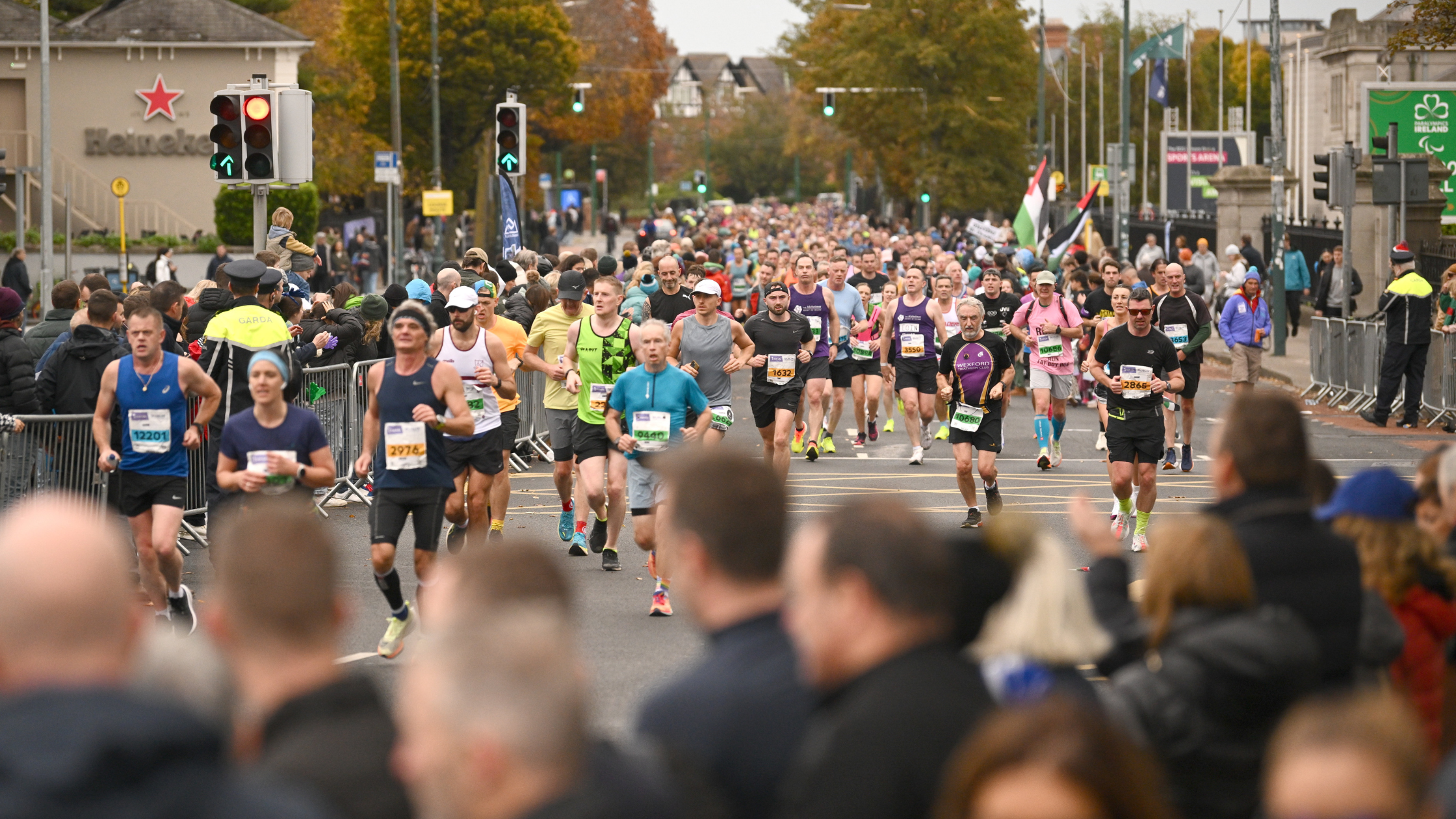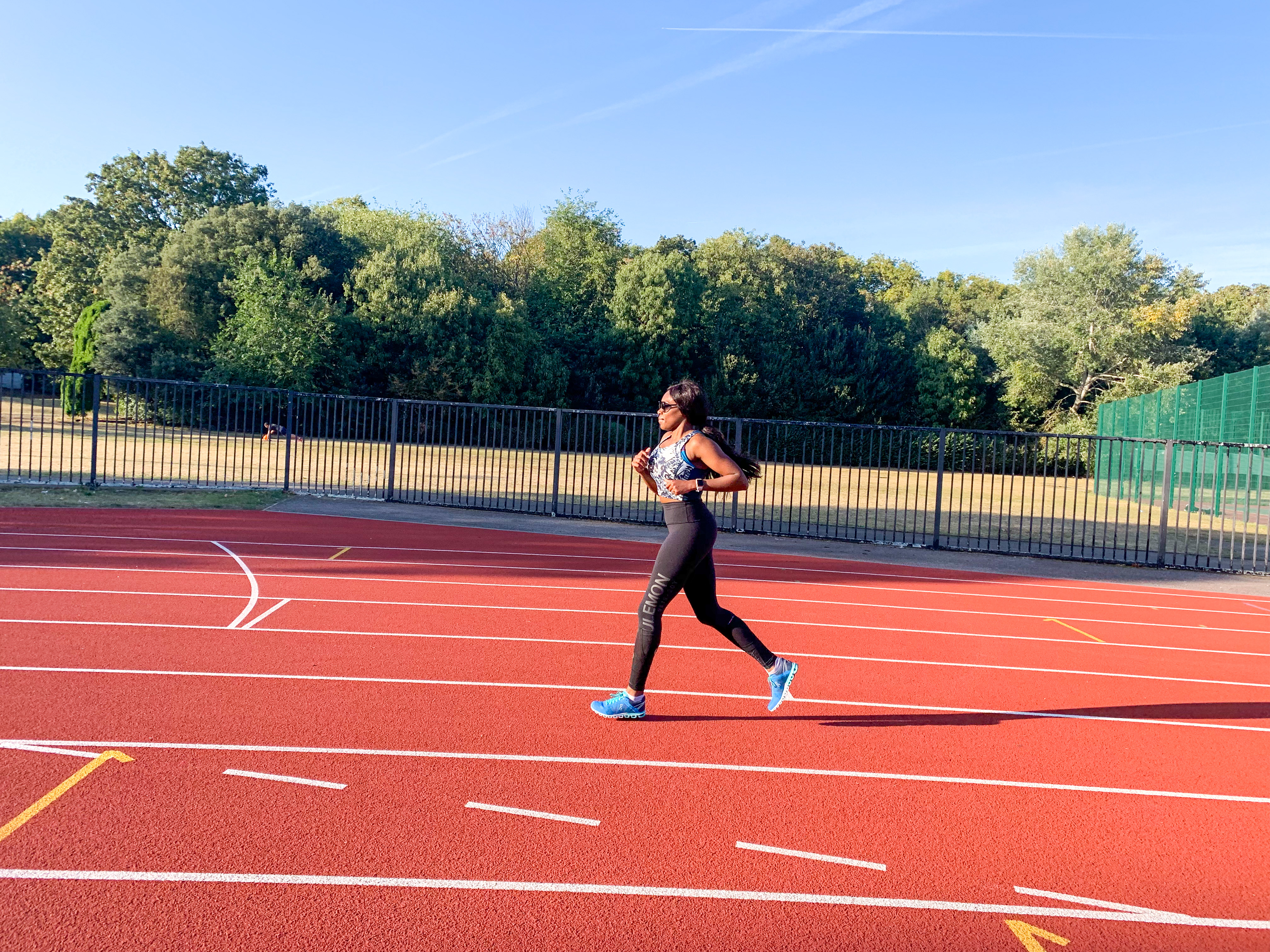Running is of course great for your fitness, but what about those other benefits that running can bring? From helping with depression to better sleep, here are some health benefits and other ways in which running can help you.
1. Improved sleep
If getting a good night’s sleep is proving problematic, it is possible that regular running may well provide the answer. A study from Northwestern Medicine found that running can lead to improved sleep and could potentially even cure insomnia. Those who run tend to fall asleep quicker, and they also enjoy longer quality sleep. This in part is due to runners being tired after a session, but running also helps relax muscles following the post-endorphin phase after exercise.
2. Reduces depression symptoms
A study at Harvard University identified that running and other forms of cardio exercise can help those with mild or moderate depression. They found this was due to the ‘runner’s high’ generated through the endorphins released during running. Evidence suggest that exercise can even help reduce the severity of depression even in cases of severe depression. Running could in some cases be used as an alternative to antidepressants in circumstances where those with depression respond well to running.
3. Better joint health
Running is not necessarily bad for your joints, as so many would have you believe. In fact, evidence suggests that runners are less likely to develop osteoarthritis in their joints. This in part is due to the fact that runners tend to carry less weight, thus reducing the weight bearing impact on the joints, but running also helps to develop joint and muscle strength, and it is this which over time helps to prevent osteoarthritis.
4. Helps your sex life
Believe it or not, but running could give you a boost in the bedroom. Not only does running improve your body image and therefore confidence, you’ll also have improved energy levels. In addition, research by the Endocrine Society found that running can lead to an increase in testosterone in men, as well as decreasing instances of hypogonadism, a condition which can lead to erectile dysfunction and a lowered libido. Loss of abdominal fat through running can also mean that blood flow to the penis is increased.
5. Improved health in old age
Looking to have a long life? Running could be the answer. A study published in the Archives of Internal Medicine showed that elderly people who jogged regularly were around 50 per cent less likely to die prematurely from diseases such as cancer than non-runners. Those elderly runners involved in the study - who were running on average for around 80 minutes per week - were also found to have healthier joints, and were less likely to suffer from neurological diseases and infections than their less active counterparts.
6. Reduced illness
There are some health benefits of running to be found for those who commit to it. People who run regularly are considered less likely to suffer ill health and are therefore less likely to take sick days off work due. The reduced likelihood of illness is due to the boost the immune system receives through running. During running the lungs are cleared of airborne bacteria and the elevated body temperature halts the growth of any remaining bacteria. Running also improves the circulation of protective cells throughout the body. It’s important though not to overdo it as too much running and you are into overtraining territory, which can have a negative impact on your immune system.
7. Better career prospects
Looking for better job prospects? You’d better get running then. Researchers out at Rhode Island College identified a link between running and increased creativity and concentration. The findings state that increased brain activity results from exercise and that the benefits can last for up to two hours after the activity. For the working person this could mean that running in the morning before work or at lunch time could give you the advantage you over your fellow workmates.















